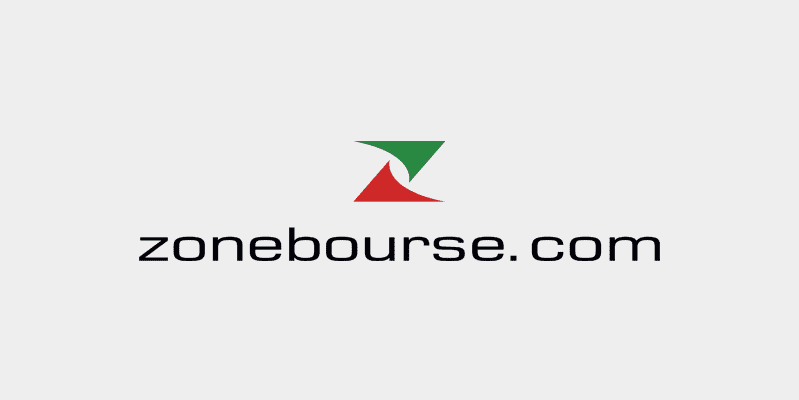A free program accessible to any university researcher interested in submitting a proposal
Exscientia (Nasdaq: EXAI) and the University of Oxford’s Target Discovery Institute (Oxford TDI) today announce the launch of Xcellomics – a program to collect cellular functional assays from the global academic community to develop new screening tools and to identify therapeutic targets and candidates in response to unmet medical needs.
The Xcellomics program was developed by the two Oxford-based institutions with the aim of accelerating basic research in drug discovery – primarily carried out in university laboratories – and leveraging these results to accelerate patient access. to therapies. The program offers candidates resources to explore, identify and rapidly advance new drug targets by drawing on Oxford TDI’s expertise in developing robust and disease-relevant predictive screening tests and Exscientia’s AI personalized medicine design capabilities.
“Academic research has always played and will continue to play a vital role in the development and advancement of medicine. This partnership is a great example of how industry and academia can come together to fill a traditional gap in the drug development cycle,” said Sir Peter Ratcliffe, FRS, FMedSci, Director of Oxford TDI at the Nuffield Department of Medicine and winner of the 2019 Nobel Prize in Medicine. the use of genetics, genomics, cell and chemical biology to improve target discovery, we believe we have only begun to explore the possibilities of available assays that could result in exciting therapies for the patients.”
Test proposals will be reviewed and selected by the Xcellomics Scientific Committee and will be developed, engineered and validated in Oxford TDI’s advanced cell screening facilities, using a range of phenotypic and functional genomic results that leverage the technology platform of Exscientia. The Xcellomics Board of Directors will provide oversight, will be made up of members from Exscientia and Oxford TDI and will be chaired by Andrew Hopkins, DPhil, Founder and CEO of Exscientia.
Selected projects will be pursued using Exscientia’s proprietary AI platform to rapidly identify potential targets for new drug programs. Therapeutic priorities will change every six months, starting with oncology and immuno-oncology, while blue sky submissions will be accepted on a rolling basis. The data and intellectual property will be jointly owned by the researcher and the Xcellomics program.
“Exscientia originated within academia, and we remain committed to supporting and advancing the cutting-edge research conducted at these institutions around the world,” said Denise Barrault, Portfolio Manager at Exscientia. “We believe that our partnership with the Target Discovery Institute at the University of Oxford will uncover new science and potentially translate and advance the most promising ideas into the new medicines of tomorrow.”
An online briefing will take place on Wednesday, March 23 at 13:00 GMT. More information about this event can be found at https://www.xcellomics.com/launch-event
About Exscientia
Exscientia is an AI-driven pharma technology company committed to discovering, designing and developing the best possible medicines in the fastest and most efficient way. Exscientia has created the first-ever functional precision oncology platform to successfully drive treatment selection and improve patient outcomes in a prospective interventional clinical study, as well as to advance small molecules engineered with AI to the clinical setting. Our pipeline of in-house and partnered programs demonstrates our ability to rapidly transform scientific concepts into precisely engineered therapeutic candidates, with more than 25 projects underway. By designing better medicines, faster, we believe that the best ideas in science can also quickly become the best medicines for patients.
Exscientia has offices in Oxford, Vienna, Dundee, Boston, Miami, Cambridge (UK) and Osaka. For more information, visit our website at https://www.exscientia.ai or follow us on Twitter at @exscientiaAI.
About OXFORD TDI
Target discovery identifies drug targets, molecules or molecular interactions at a critical point in a disease transmission pathway that are amenable to therapeutic manipulation. The center’s mission is to link recent advances in genetics, genomics, cell biology and chemistry to improve the discovery of drug targets. By focusing on refining and validating these targets, we can better connect the traditional “open” academic processes of biomedical research with the pharmaceutical industry’s need for precisely defined targets to accelerate drug development.
Forward-looking statements
This press release contains forward-looking statements within the meaning of the “safe harbor” provisions of the Private Securities Litigation Reform Act of 1995, including statements relating to Exscientia’s expectations regarding the activities and potential benefits of the Xcellomics program. Words such as “plans”, “believes”, “expects”, “intends”, “projects”, “anticipates” and “future” or similar expressions characterize forward-looking statements. These forward-looking statements are subject to uncertainties inherent in predicting future results and conditions and there can be no assurance that the Xcellomics program discussed above will succeed in identifying or developing new tests. The success of the program is dependent on many factors, many of which are beyond Exscientia’s control, including, but not limited to, academic researchers’ interest in the Xcellomics program and their willingness to collaborate with us. Exscientia disclaims any obligation to publicly update or revise any forward-looking statements, whether as a result of new information, future events or otherwise, except as required by law.
The text of the press release resulting from a translation should in no way be considered official. The only authentic version of the press release is that of the press release in its original language. The translation will always have to be compared with the source text, which will set a precedent.
View the source version on businesswire.com: https://www.businesswire.com/news/home/20220310005195/en/
